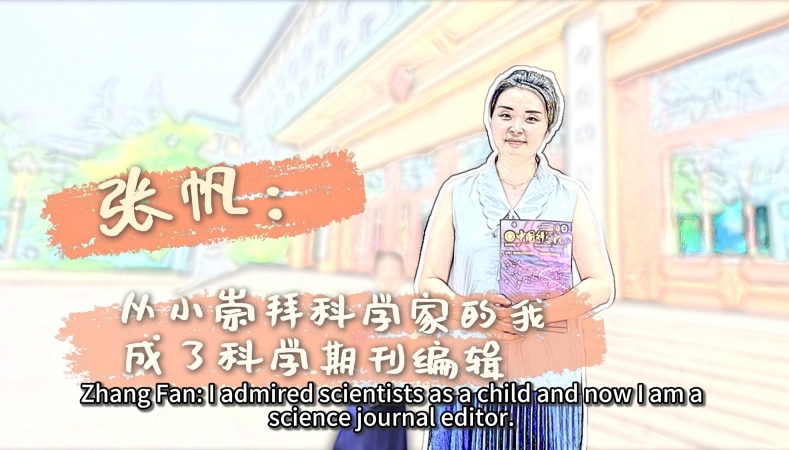My Life in China

Dr. Arodh Lal Karn.
(COURTESY PHOTO)
By Arodh Lal Karn
I am a citizen of Nepal and have been in China since 2010, working at the Northwestern Polytechnical University for the past four years, and would like to share some of my academic and life experiences in China with you.
As per QS World University Rankings 2022, China is home to many world-renowned universities. Chinese universities encourage creativity and independent thinking. Being a lecturer, and teaching students of almost all levels at the School of Management, I must say that Chinese students are very confident in their own judgments, willing to ask questions and challenge other points of view.
Moreover, students are also given the chance to study abroad through some exchange programs. In this way Chinese students are exposed to different cultures and backgrounds. That is why the academic environment in China is gaining a great reputation.
China had more than 2.1 million researchers in 2019, an increase of 13 percent compared with 2018. China is also becoming a hub for sci-tech talent at home and abroad.
The first benefit of doing research in China is that the country is working to de-emphasize researchers who publish a lot of papers and to find new ways to assess the impact of their work. As a result, China's share of the top one percent most cited science publications has been growing faster than its share of total publications, a clear indication that the quality of the country's basic scientific research is rapidly improving.
According to King's College London, China is set to overtake the U.S. to become the world's biggest spender on R&D and one of the most significant research partners in the world. This is another benefit of doing research in China. The country has become a popular research destination for many students from the Belt and Road Initiative (BRI) countries, the Global South and beyond.
Moreover, China is generally more bilateral in its international co-authorship than other large countries. Around three-quarters of its recent papers co-authored with the U.S. are bilateral, as are about 60 percent of papers with Canada and Australia, while 40 percent of its collaborative papers with Germany and France are solely bilateral. The mission of NSFC, a mainly basic-research foundation in China, is to be a "friend" of scientists, including giving fair reviews, rewarding research, international participation, efficient management, large number of grants, and diverse disciplinary coverage.
In terms of employment opportunities, China now employs an increasingly larger number of scientists and engineers at relatively high earnings and produces more science and engineering degrees than the U.S. at all levels.
Entering the 21st century, by using a "Brain Gain" approach to attract highly educated overseas Chinese to return home, China has made significant improvements in its innovation system. I personally feel that this innovation system in China has definitely improved my day-to-day work and living standards. I see this in everything from food branding to fashion designing, and from electronic gadgets to Internet surfing, almost all aspects of life here have indigenous innovation.
What I believe is that the opportunity to experience a completely different culture is a huge attraction to foreigners who consider studying and working in China.
As far as my personal experience is concerned, I have a completely international atmosphere, not only in class, but also in daily life. The lab is full of international students, while professors frequently invite international scholars to present their current research work. Most of researchers whom I personally know have international co-authors in their research papers. Chinese universities have many research grants and facilities to participate in international seminars, conferences and lectures. To motivate these international collaboration activities, universities have different reward systems. This has motivated me a lot to publish more quality papers.
Arodh Lal Karn is an assistant professor in the School of Management at Northwestern Polytechnical University.


